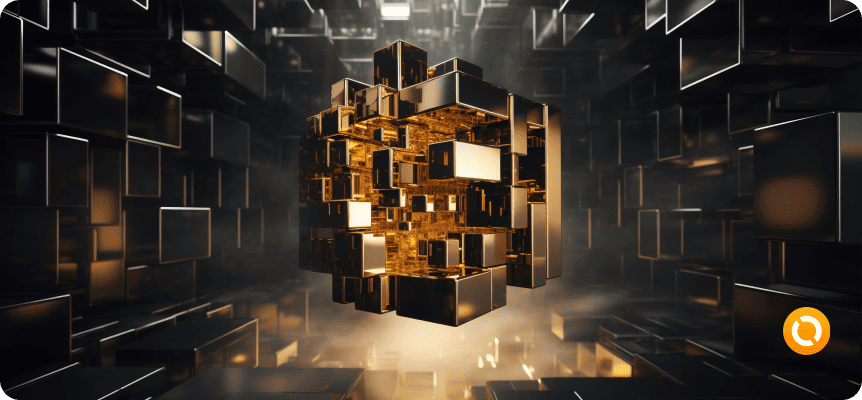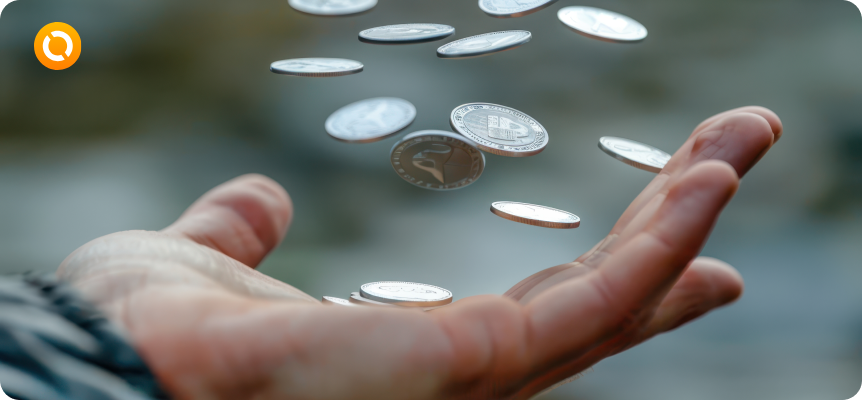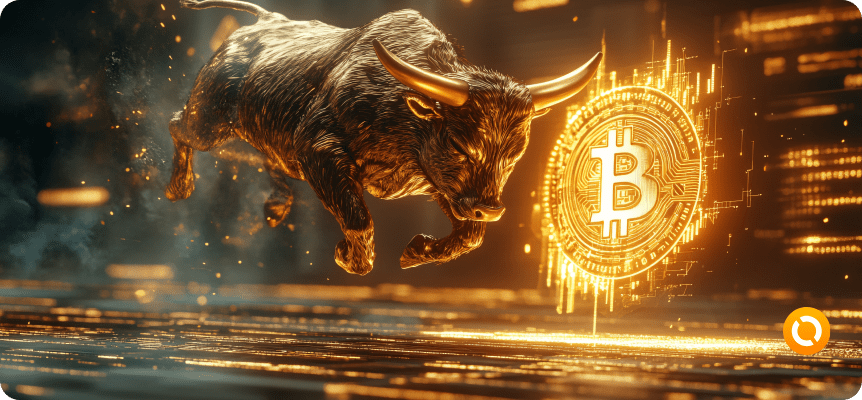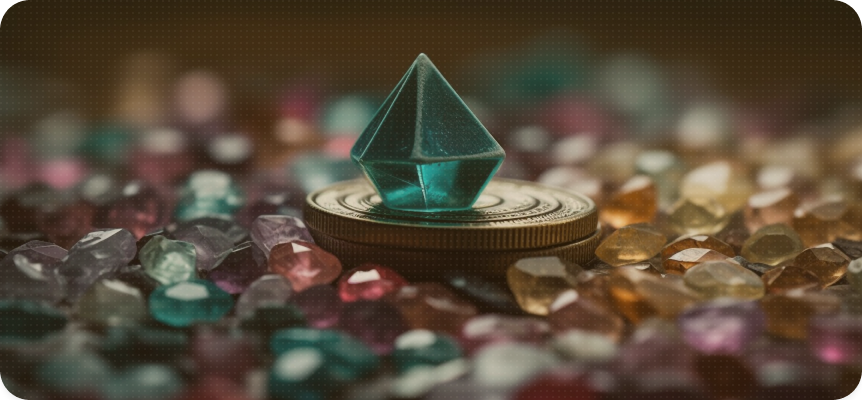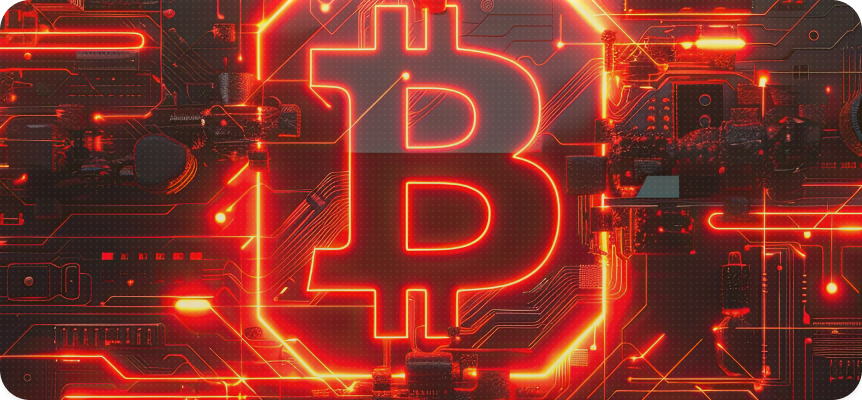One of the most notable concepts was DAO – decentralized autonomous organization. This innovative format of user interaction is capable of radically changing the approach to decision-making, resource allocation and company development in the future.
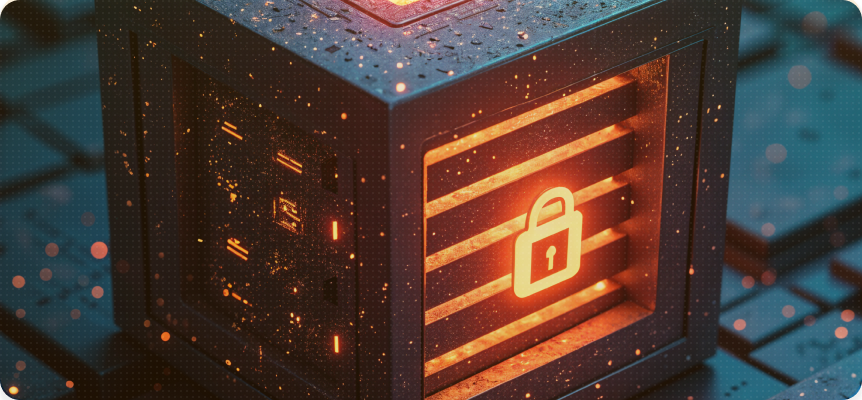
What is DAO?
DAO (Decentralized Autonomous Organization) is a form of organization where decisions are made not by a centralized management, but by a distributed community of participants via blockchain and smart contracts.
The main difference between DAO and traditional companies is the complete absence of sole control: power is distributed among all members, and processes are automated using technology.
An Overview of the History and Evolution of the DAO
The idea of decentralized project management emerged with the popularization of blockchain technologies in the early 2010s. The DAO concept was a response to the market demand for structures capable of operating without centralized control, in conditions of complete transparency and trust based on mathematical algorithms.
The first mentions of DAO began to be actively discussed in the crypto community after the launch of Ethereum in 2015. It was Ethereum, thanks to the introduction of smart contracts, that opened up real technical possibilities for creating autonomous organizations.
The turning point was the emergence of The DAO project in 2016 – the first full-fledged experiment in launching a decentralized autonomous organization. The project raised record investments at that time – more than $ 150 million in ether. However, a vulnerability in the smart contract code led to hacking and loss of part of the funds, which, in turn, caused a large-scale hard fork of the Ethereum network, dividing it into Ethereum and Ethereum Classic.
Despite the failure, The DAO became a powerful catalyst for the development of a new industry. The crypto community learned from it, improved its security practices, and the DAO concepts themselves continued to evolve.
Since 2018, a new wave of DAO popularity has begun, this time associated with the growth of DeFi (decentralized finance). Protocols such as MakerDAO, Compound, and Aave have begun to implement decentralized governance mechanisms, allowing users to influence the development of projects themselves through voting and proposals.
Today, DAOs are used in a variety of industries: from NFT art platforms to social networks and metaverses. They are becoming part of the next-generation digital infrastructure, forming a trend towards decentralization not only in finance, but also in the social, political, and economic spheres.
DAOs are gradually integrating into the real sector of the economy: initiatives are emerging in the fields of real estate, energy, and city management. All this indicates that DAOs are not just an experiment in the crypto industry, but a fundamental change in approaches to organizing society and business.
Basic principles of DAO functioning
The DAO operates on the basis of clearly defined rules, which are recorded in the code of smart contracts. The most important principles are:
- Transparency: All transactions and decisions are available for verification by any user.
- Automation: Once launched, smart contracts function without external interference.
- Distributed governance: All participants have the right to vote proportional to their share or contribution.
- Independence: The DAO does not depend on external bodies or companies.
Thus, the main goal of the DAO is to create an environment where governance is carried out fairly, efficiently and without intermediaries.
Types of DAO
Today, there are many types of DAOs, each with its own specifics:
- Protocol DAOs: Manage the development of blockchain protocols (e.g. MakerDAO, Uniswap).
- Investment DAOs: Collectively invest in crypto assets or startups.
- Philanthropic DAOs: Support charitable projects.
- Worker DAOs: Manage the distribution of tasks and resources between freelancers and development teams.
- Social DAOs: Create communities of interest in metaverses and social networks.
Meta-Governance of DeFi Projects
The DeFi ecosystem is actively integrating DAOs to govern protocols. Projects like Aave, Compound, or Yearn Finance use meta-governance to decide on protocol parameters, development strategies, and reward distribution.
Meta-governance means that every user with governance tokens can influence the development of the project by making proposals and participating in voting. This makes DeFi systems more sustainable and community-oriented.
Use cases
DAOs are used in a variety of areas:
- Financial management (fund and treasury management);
- Software development (task and funding distribution);
- NFT projects (joint ownership and management of assets);
- Metaverses (management of virtual lands and assets);
- Educational initiatives (creation of decentralized schools and academies).
Each new project shows how flexible the DAO model can be in solving real-world problems.
Conclusion
DAOs (decentralized autonomous organizations) are rapidly gaining popularity due to their unique advantages: full transparency, equality of participants, absence of intermediaries and a high degree of automation of processes. These organizations offer a new look at project management, investment activities, resource distribution and interaction between people.
The formation of DAOs is associated with the development of blockchain technologies and the Web3 philosophy aimed at democratizing the digital space. From the first experiments with The DAO to modern powerful projects in the field of DeFi and NFT platforms, DAOs have come a long way of evolution, each stage of which contributed to the improvement of security technologies, governance models and community involvement.
At the current stage, DAOs are on the verge of mass recognition. They penetrate into various spheres of life: finance, education, art, real estate management and even public administration. While legal and technical challenges still exist, the potential of DAOs is enormous and will only increase as these barriers are removed.
For users and investors, DAOs offer unique opportunities: to become part of global projects, influence their development, receive rewards for participation, and invest in promising initiatives.
In the future, with the development of technology and legislation, DAOs can become one of the cornerstones of the new digital economy – more fair, transparent, and accessible to everyone. Successful involvement in the DAO ecosystem today gives a chance to become part of the grand changes that will determine the appearance of tomorrow.




